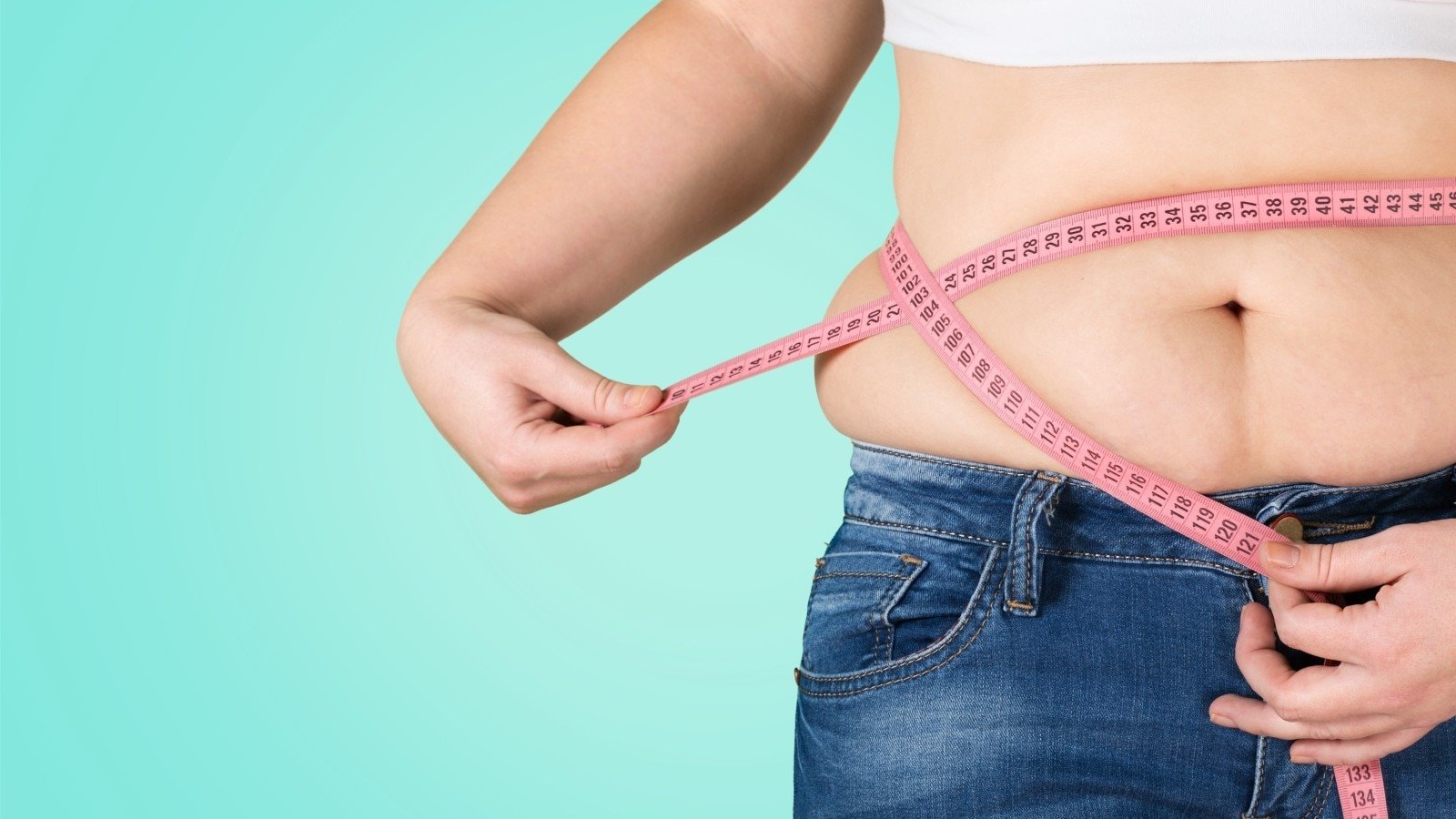To effectively reduce belly fat, focus on cutting out sugar and processed foods, increasing your protein intake to stay full longer, and adding more soluble fibre to your diet, which helps reduce bloating and aids in digestion.
Losing belly fat can feel like an uphill battle, but the journey often starts not only in the gym, but in your kitchen. While you can’t magically melt away fat in a week, making smart, strategic changes to your diet can lead to noticeable results, primarily by reducing bloating and kick-starting a healthier metabolism. Combining dietary adjustments with exercise is the most effective path to a flatter tummy.
Why is cutting sugar the first step to reduce belly fat?
Sugary drinks and ultra-processed foods are major contributors to the accumulation of visceral fat—the dangerous type of fat that surrounds your organs. “When you consume excess sugar, your body is forced to store it as fat, and the abdomen is a prime location for this storage,” explains dietician Garima Goyal. By simply limiting these items, you immediately reduce your calorie intake and give your body a chance to burn existing fat stores.
- What to avoid: Stay away from sugary sodas, refined carbohydrates like white bread, and packaged junk food.
- The science says: A comprehensive review in the Journal of the American Medical Association (JAMA) linked high consumption of sugar-sweetened beverages directly to weight gain and an increased risk of type 2 diabetes, a condition often associated with excess belly fat.
How can eating more protein help me lose fat?
Protein is a powerhouse macronutrient for weight loss. It increases satiety, meaning it helps you feel fuller for longer, which naturally leads to eating fewer calories throughout the day. “Furthermore, protein has a higher thermic effect of food (TEF) than carbs or fats, which means your body burns more calories just digesting it,” she says.
- Simple additions: Incorporate lean meats, eggs, dairy, or plant-based protein sources, such as beans and lentils, into every meal.
- Expert Insight: Research published in the American Journal of Clinical Nutrition has demonstrated that a high-protein diet can result in sustained reductions in appetite and body weight. For more on how increasing protein intake can help.

What foods help fight bloating and improve digestion?
One of the quickest ways to achieve a flatter stomach is to tackle bloating, and fibre is your best friend in this process. “Soluble fibre, in particular, absorbs water and forms a gel-like substance in your gut, which slows digestion and helps you feel full,” says Goyal. This process also aids in regular bowel movements, reducing uncomfortable bloating.
- Where to find it: Load up on fibre-rich foods like vegetables, fruits, and whole grains.
- Scientific backing: A study published in the journal Obesity found that for every 10-gram increase in soluble fibre consumed per day, visceral fat accumulation was reduced by 3.7% over five years.
Does drinking more water make a difference?
Absolutely. Staying hydrated is crucial for a healthy metabolism. “Water not only aids in digestion, helping to flush out waste and reduce bloating, but it also helps your body metabolise stored fat,” says Goyal. Dehydration can slow down your metabolism, making it harder to lose weight.
- Simple goal: Aim to drink plenty of water throughout the day.
- Don’t forget: Limiting or avoiding alcohol is also key, as it’s often high in empty calories and can contribute to belly fat. You can find more tips on how to reduce belly fat in one week in the source article.
By making these simple yet powerful changes to your diet, you’re not just chasing a short-term goal. You are building sustainable, healthy habits that will help you reduce belly fat and improve your overall well-being for the long haul.






